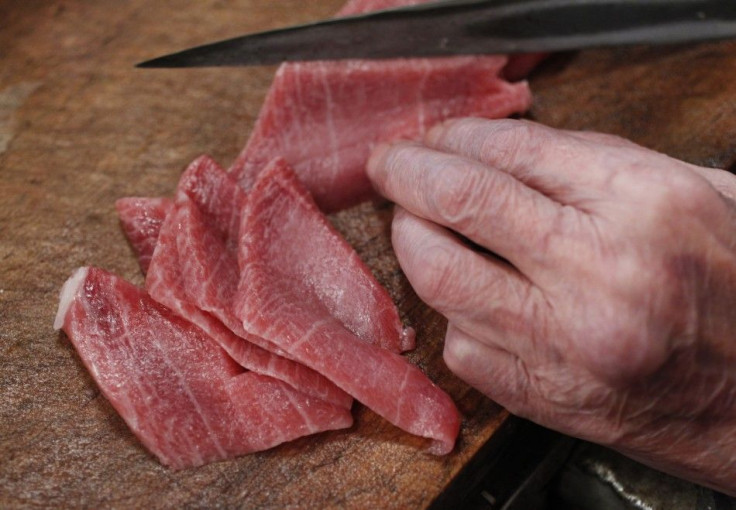Tuna From Thailand Could Be Cause Of Food Poisoning At A Cafe In Sydney

On Feb 26, four Australians suffered from a bout of food poisoning. It was reported that the cause for the food poisoning was tuna that had been imported from Thailand. Health authorities from the South Eastern Sydney Local Health District, who investigated the case, said that the Australians had consumed a tuna salad at a cafe in Sydney near Town Hall station which was called Soul Origin Cafe.
According to Sky News Australia, the affected people showed signs of scombroid poisoning which was basically poisoning due to the consumption of rotten fish. The customers suffered from symptoms which include dizziness, nausea, skin rash and tingling in the mouth after they consumed the salad. Authorities said that the symptoms were similar to that of an allergic reaction and was rarely fatal.
The health authorities said that the fish might not have been stored properly, but the cafe insisted that it met the hygiene standards. The cafe said that they had changed the brand of fish since its customers fell ill.
According to a report by Nation Multimedia, the New South Wales Food Authority had said that it had obtained samples of the food product which was taken for further testing. The product was identified as John Bull Tuna Chunky Style in Sunflower Oil. The expiry date on the tin read that it was best before November 2017.
It was reported that the product was a minor brand catering product of Thailand that was imported to Australia through a Victorian company and was not generally available to the public. The New South Wales Food Authority explained that the product was an "obscure foreign brand" and that the importer would be in touch with all its clients.
In 2014, the death of a Queensland mother and her daughter, Noelene and Yvana Bischoff, was linked to scombroid poisoning. They died a few hours after they consumed contaminated fish at a restaurant in Thailand.
In the earlier part of February, there was a Hepatitis A scare involving berries imported from China, which has been followed by the food poisoning episode. A nationwide recall of the frozen berries products were called for, and it was reported that 18 people have been diagnosed after the scare.
To report problems or to leave feedback about this article, e-mail: afza.kandrikar@gmail.com.




















